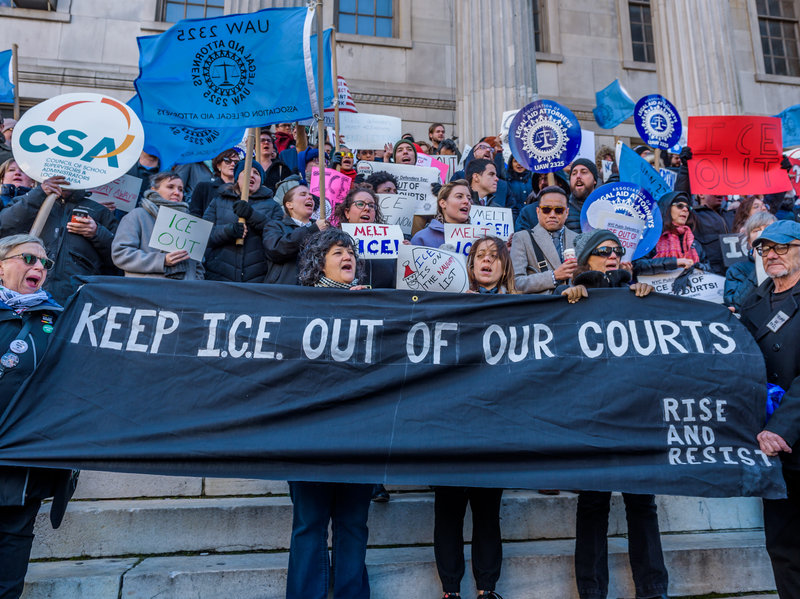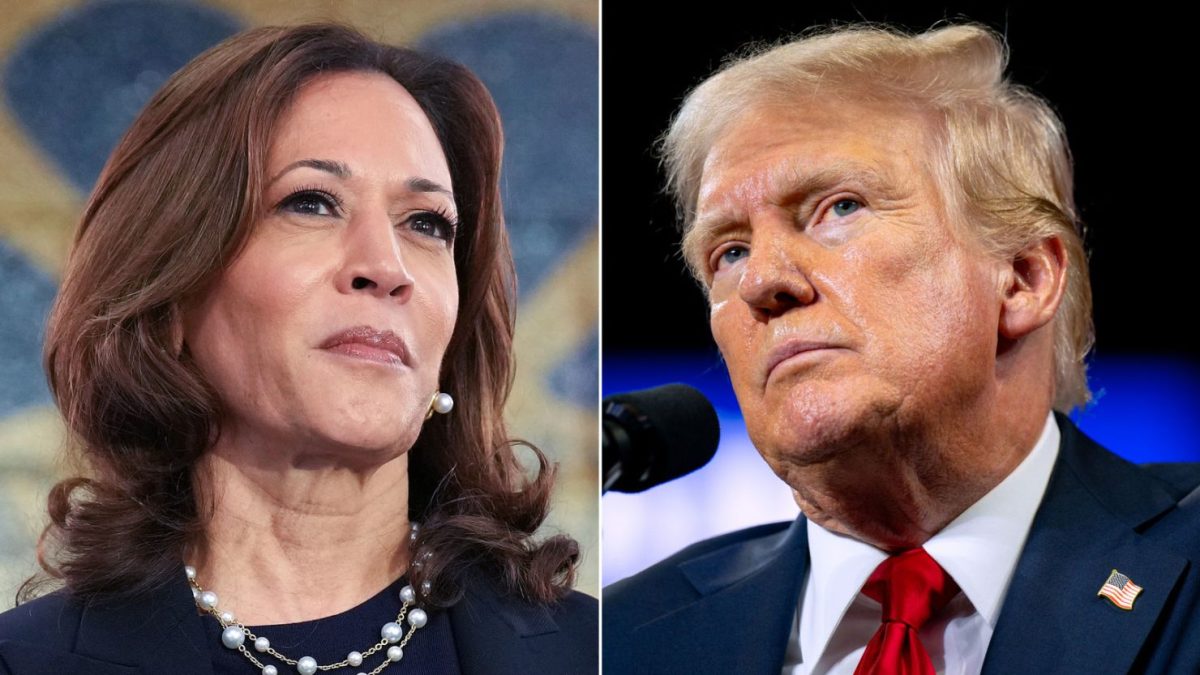The Rise of ESG Standards
A look into how new environmental, social, and governance standards will shape our lives.
Whether you are a person that cares about investments, climate action, business, social justice, or even just yourself, ESG (environmental, social, and governance) standards play into what you’re interested in. ESG is an umbrella term used to refer to data companies derive to easily show investors how their companies are helping to build a greener future. ESG standards in the corporate realm have already shaped our society, and they will continue to do so, since an increasing number of companies each year are engaging in new, groundbreaking measures that advocate for the protection of the three intersecting concepts of ESG. You might ask, “Why are companies spending time on this? Isn’t this not their responsibility?” ESG measures benefit companies, offering a responsible image that increases customer loyalty and overall attractiveness. By collecting ESG data, companies have the power to choose to receive those benefits from engaging in ESG action instead of only focusing on other marketing techniques. Therefore, ESG standards present a win-win situation for investors, companies, and the world.
Philips, a home appliance and health technology brand, is a perfect case study for the effect that ESG metrics have on large corporations. Philips decided to dive right into the rising practice of improving ESG standards, and even after hitting a learning curve, the company managed to set a model for companies worldwide. After switching to a more sustainable model that reduced waste and increased the presence of recyclable materials in its supply chain, Philips observed a higher rate of customer loyalty and no alteration in profitability or cost. With the help of ESG metrics, corporate commitment, and climate-conscious measures, Philips achieved carbon neutrality in 2020, a goal that every company should strive for in the near future.
Meanwhile, current and future investors can learn from pro-ESG investors and CEOs in the Middle East, especially the CEO of Al Futtaim Holding, a UAE-based developer and shopping center operator. Majid Al Futtaim claims that both veteran and up-and-coming companies can diversify and widen their investor bases in a sustainable and reliable way by commencing ESG efforts. In fact, his company observed a sense of urgency among investors both in and outside of the region to take climate action when its $600 million green bond was oversubscribed, or applied for more times than expected, by just under six times. However, in order for ESG efforts to have a lasting impact on investment rates, companies must release transparent, periodic reports.
The concept of ESG solutions has sparked my interest for a long time, but it was one of the speakers at last year’s Earth Day event, Yosua Hosudo, who inspired me to write this article. During every issue of the Bell, I always circle back to the potential that one’s voice can have, and Hosudo’s decision to come back to St. Stephen’s as an alumni and share his passion for creating change exemplifies the impacts our voice can have on the world we live in. Hosudo manages to enact this change outside of his presentations by combining the world of business and economics with the issue of climate change, recognizing that the two can work together in a time when many people and things will not.





























